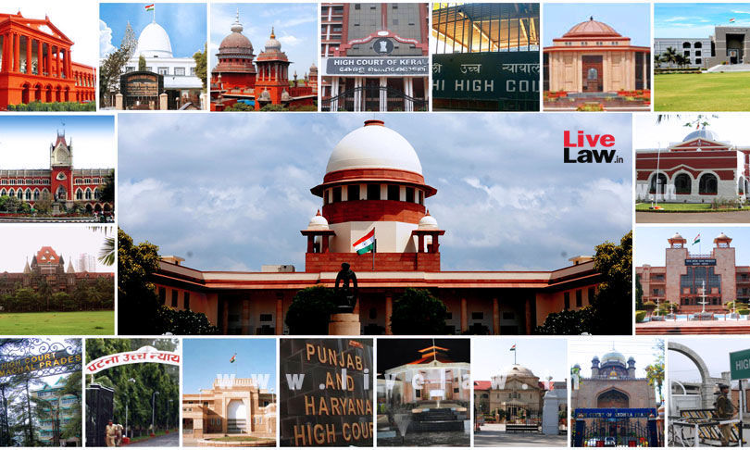The Supreme Court, on Tuesday, expressed its prima facie view that the the present ratio of 1:3 between the judges who are elevated from District Judiciary to the High Courts from the service cadre and those who are elevated from the Bar needs to be maintained. A Bench comprising Justice BR Gavai, Justice Vikram Nath and Justice Sanjay Karol requested the Chief Justice of High Courts to...

